Opening milk price announcements made this week by Murray Goulburn and Fonterra have
once again, reinforced the need for improved transparency in the way milk pricing is structured and communicated in Australia.
Not only are the announcements much too late for farmers to properly budget and plan around, but many questions have to be asked to understand them. Add
to the already complex system a loan repayment and the forecast opening price is far from what it first appears.
Both Murray Goulburn and Fonterra’s recent announcements are confusing and difficult to understand – they lack clarity and transparency.
articulated in the announcement – nor is it clear that farmers will actually pay an initial repayment of 14 cents per kg/ms plus any further repayments
Murray Goulburn decide to deduct.
suppliers will receive around $4.75 ($4.73 due to interest on the loans). Any supplier who did not supply Fonterra milk in May-June (including farmers
that had dried off) are not eligible for the Autumn offset and therefore receive around $4.54.
it’s in everyone’s best interests that we get this information up front and can work within these means.
Improving the transparency of the milk pricing system is important, and Australian Dairy Farmers (ADF) continues to work with our state members to this
end. It is essential that processors come to the table and discuss this as a collective, to help protect the future of our sector.
No one can dispute that the current market situation for dairy farmers, whether you are a supplier to the export or domestic market, is rough. Even the
best placed businesses will be making difficult decisions.
While we cannot change the milk price, ADF is working hard with our state members to improve the transparency in the milk pricing system and simplify milk
contracts. We are also fighting for farmers to better manage the risk throughout the supply chain so that they do not always bear the financial risk.
This weekend Australia takes to the polls and by next week the successful party will be moving into Parliament. ADF and our state members will be back
in Canberra as soon as the elected party is announced to keep the pressure on.
As an industry dairy has supported its own and will continue to do so. We’ve never asked for a bail out but rather for targeted assistance that will help
get our industry over the current hurdle and better balance risk throughout the supply chain going forward. We need structural change that improves
fairness and brings more balance into the market – competition law can be improved more.
ADF acknowledges the Dairy Recovery Concessional Loans are now available in SA, TAS and Victoria. We welcome this support, and will continue to advocate
that all affected dairy workers are eligible for this assistance.
I encourage all farmers to keep talking to ADF, your state representatives and RDPs. It’s tough for everyone out there right now, and the season ahead
will be challenging. This will go beyond the farm gate, with our service providers and communities likely to feel the pinch too – keep this in mind
and let’s all look out for one another.
David Basham
Acting ADF President

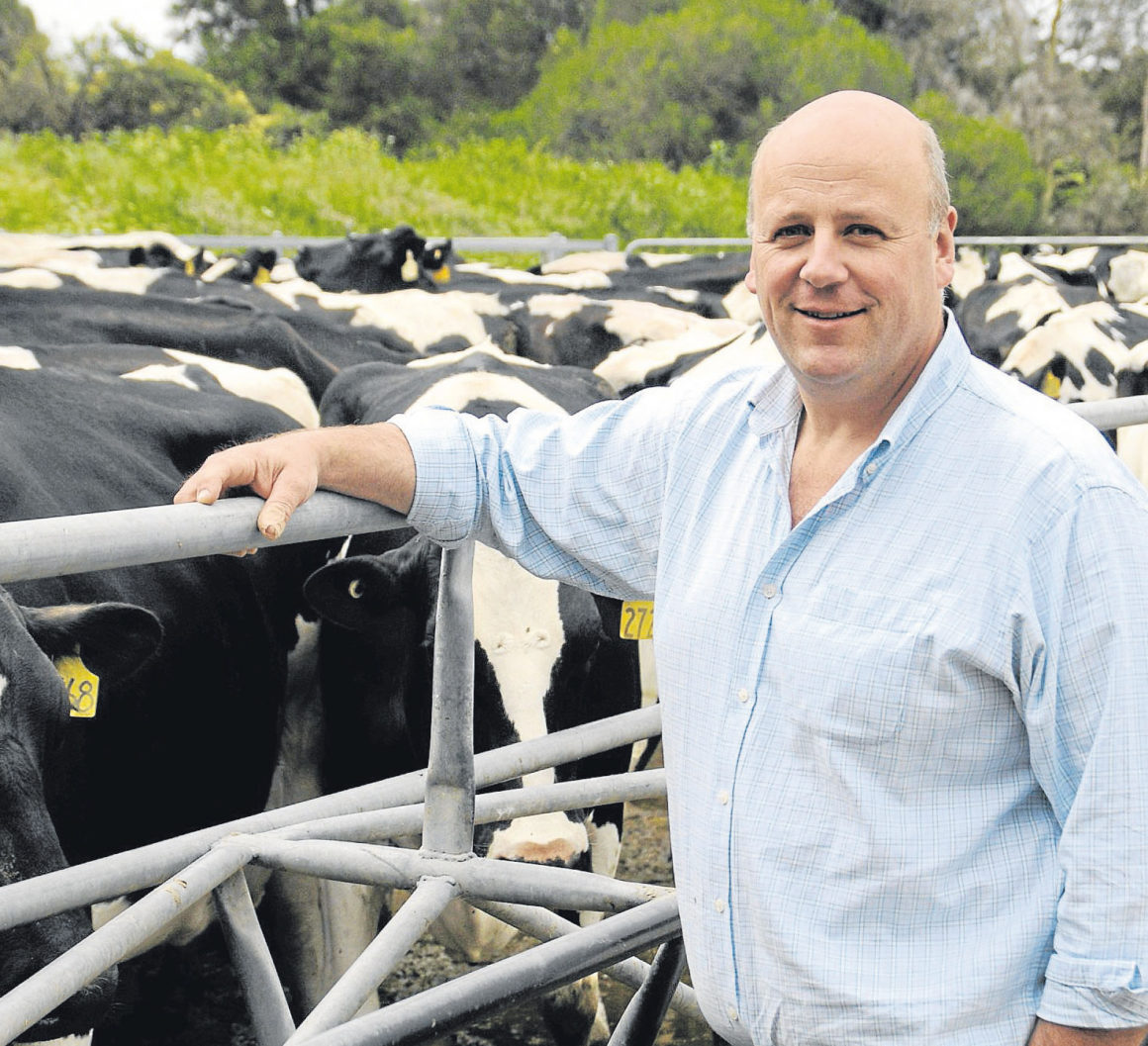
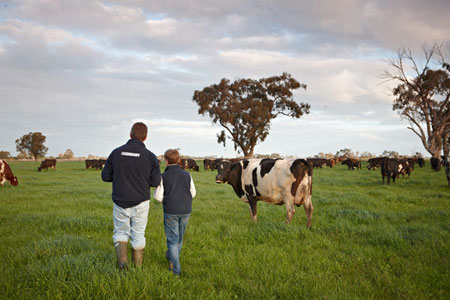
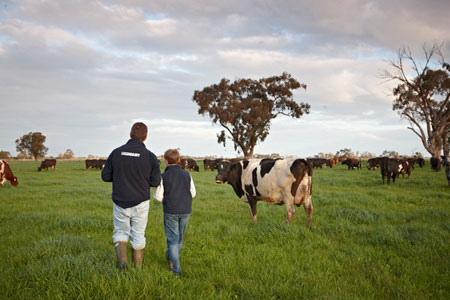
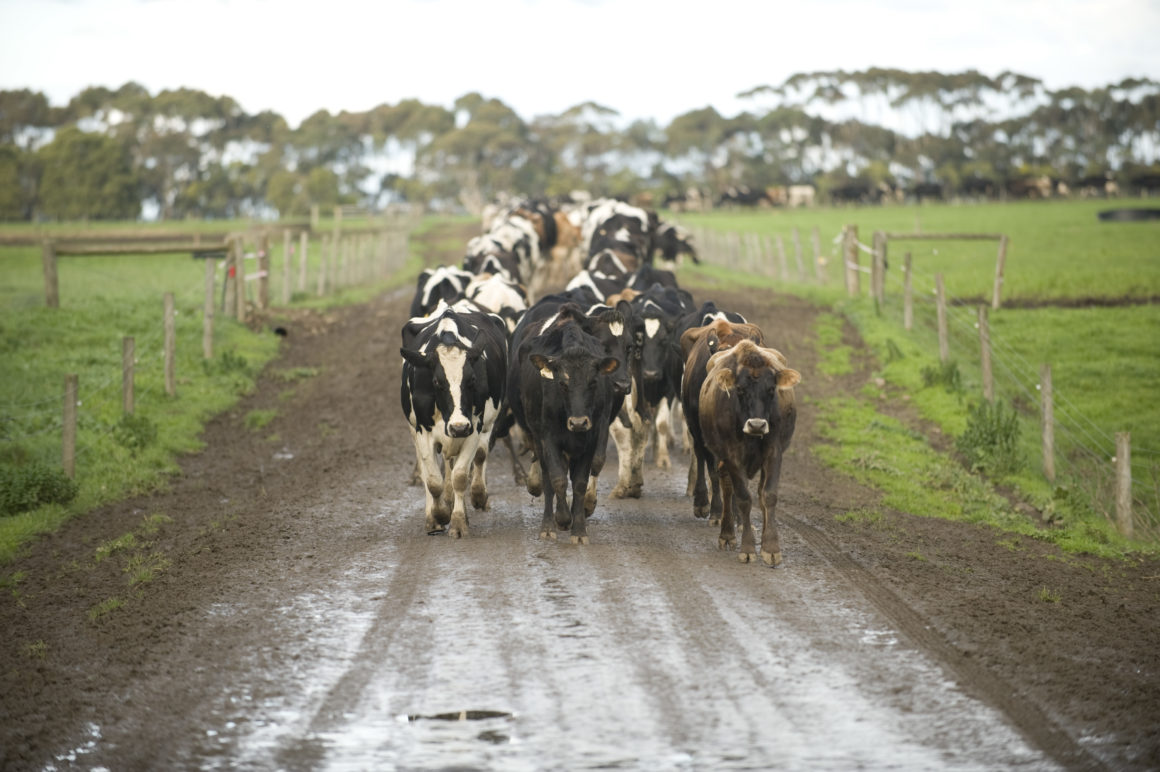
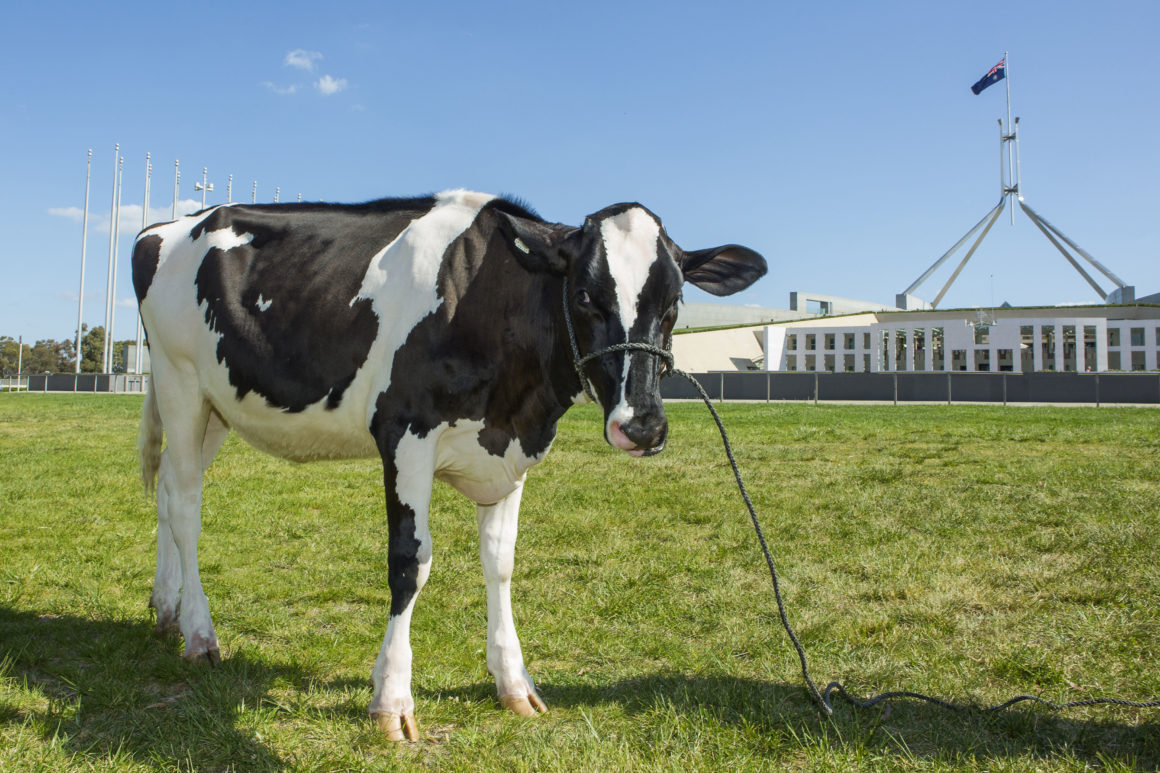
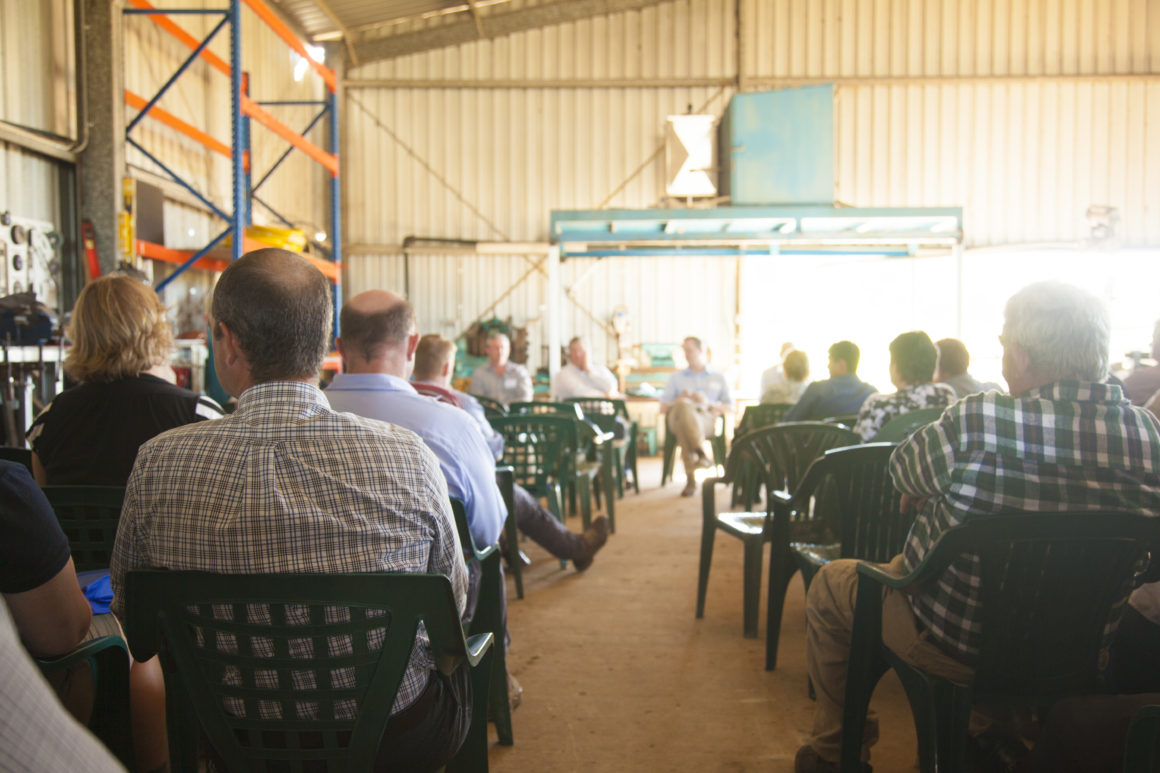

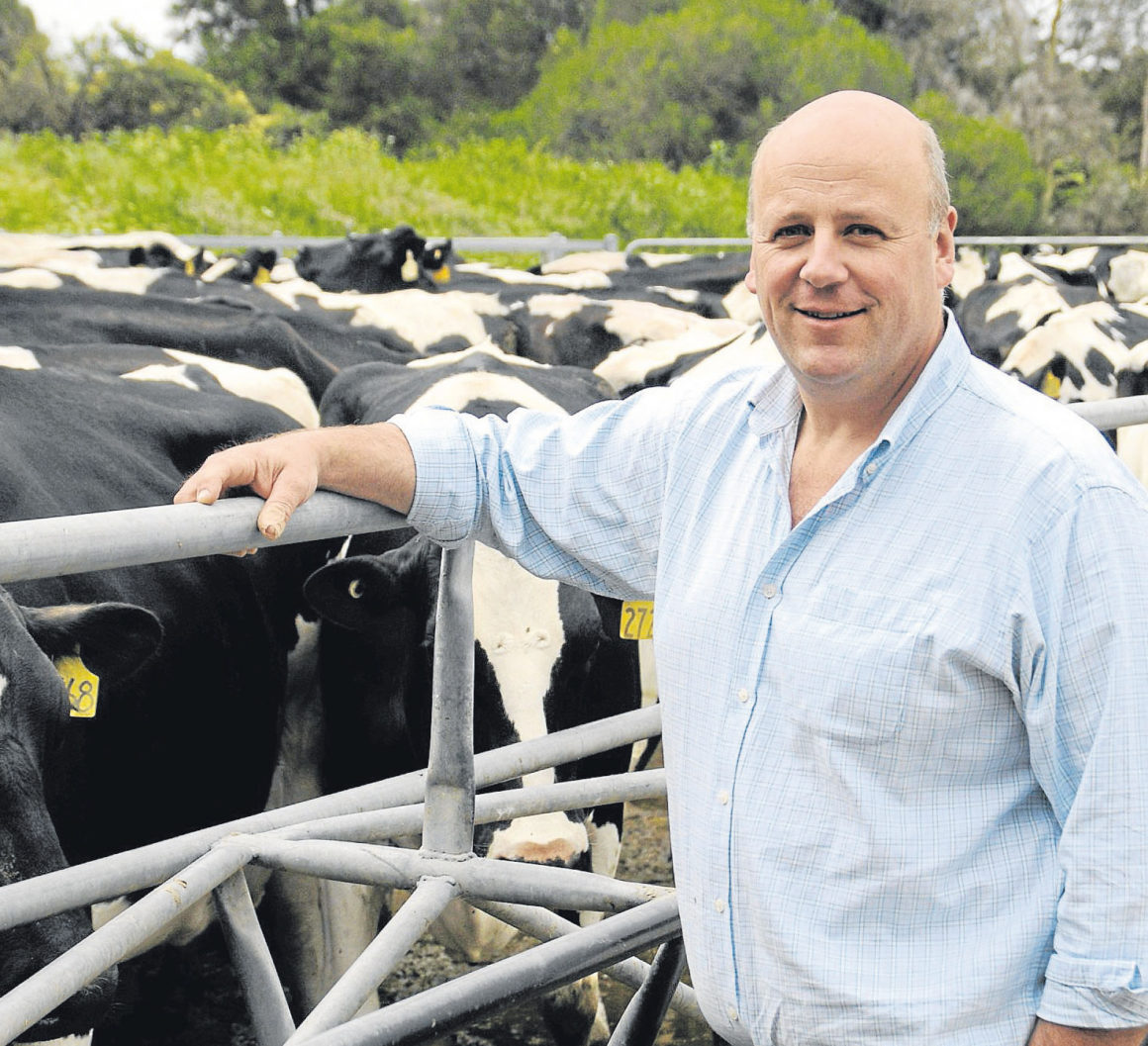


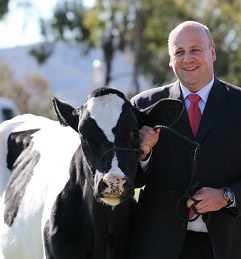
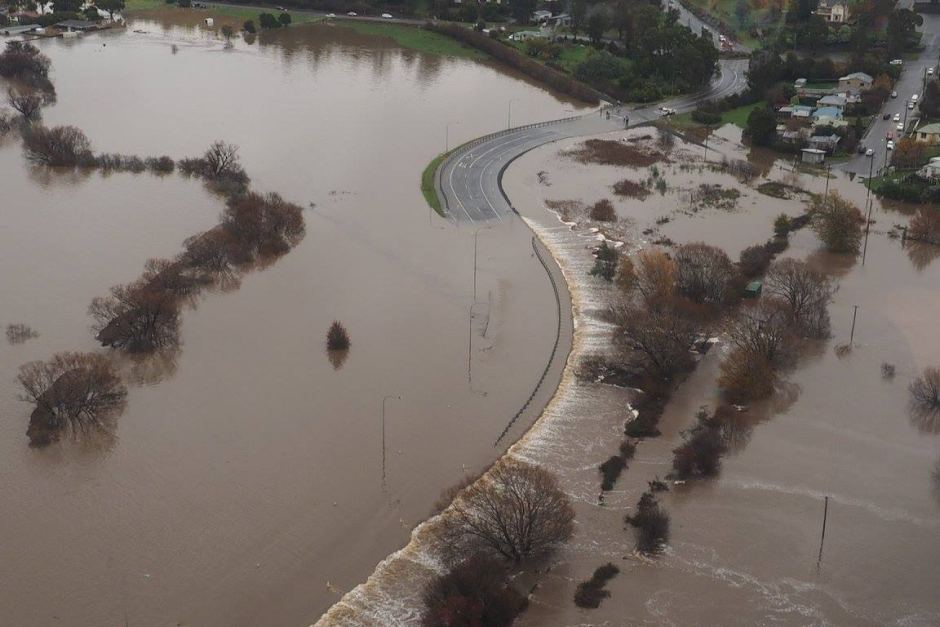

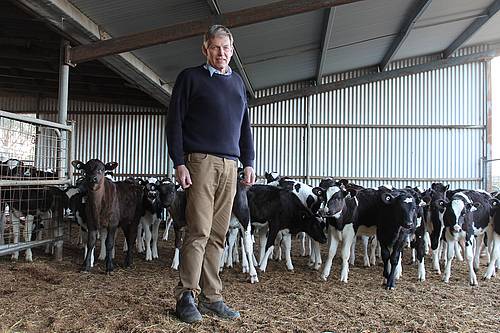
 The industry has bid farewell to dedicated
The industry has bid farewell to dedicated